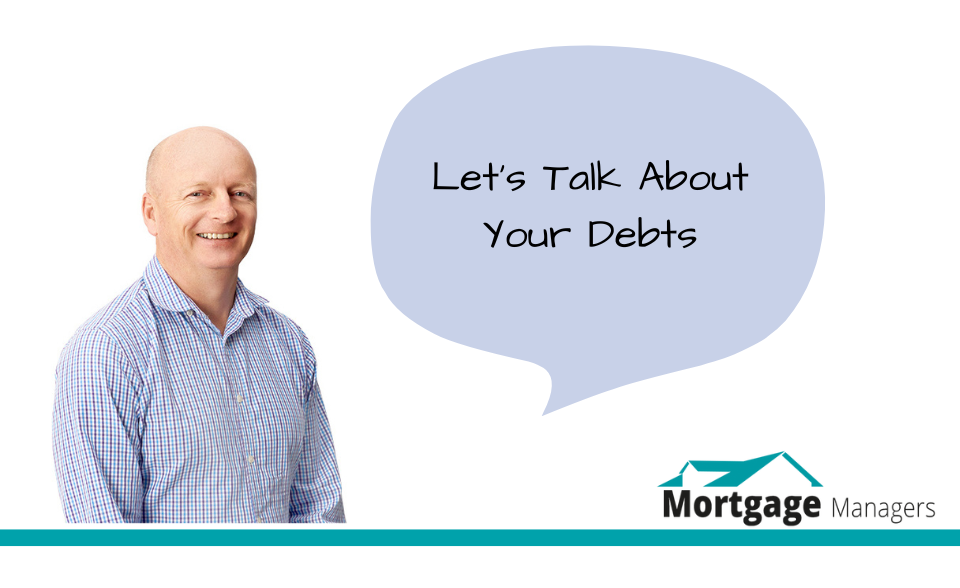If you are planning to buy a new home soon and you have some debts then you might want to talk about your debts with an expert.
One of the big challenges for first home buyers is the amount of debt and financial commitments that they have. These days it’s quite common for people to have loans, whereas 20 or 30 years ago it was not such a thing.
People will leave university with a student loan, leave school, get a car and put that on a higher purchase, do some travel and that goes on a credit card, buy the new television on interest-free terms. There are so many options for getting into debt and it’s almost become a habit for many young Kiwis.
While you’re earning good money and do not have a mortgage, then debt does not seem to be an issue. But at some point it has to be paid back regardless whether it’s interest-free or interest-bearing debt that you have. Also those repayments need to be factored in when you’re applying for a home loan.
It’s not always easy to get a home loan, but it is certainly harder if you have a number of other debts and financial commitments to pay. So we know we can’t change the history, but we do need to draw a line in the sand and work out how we’re going to deal with the challenges of these debts and financial commitments.
The first thing we need to do is establish what they all are, what the loan balances are and the repayments and the interest rates of all of the debts. Then we need to have a strategy to work out what debts are going to be the most efficient to pay off quickest or first.
Now you may think it’s logical that you pay off the highest interest rate debt first, but if you’re trying to apply for a mortgage, the real focus has to be on reducing the total amount of your repayments. So it could be that you actually pay off an interest-free loan before you pay off an interest-bearing loan. That may defy logic from a financial sense, but you’ve got to remember what the goal is.
The other thing that we will often do to help people get into a first home loan is to consolidate the debts to bring the repayment down. And that may even include consolidating an interest-free student loan into an interest-bearing loan, remembering again that it’s actually the key is to get the debt repayment as low as possible.
Why is a debt repayment so important? Because that is what is removed from your income before they assess your affordability for a mortgage. For example, if you had $1,000 coming into the bank and $400 was going out on paying debts, then that only leaves $600 to pay for your living costs and your mortgage. And the banks may deem that that is not enough.
If you are planning to buy a new home soon and you have some debts then you might want to talk about your debts with an expert.


